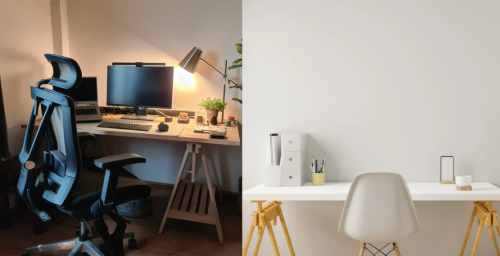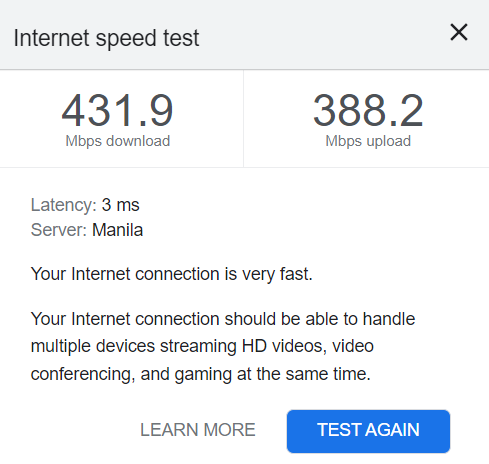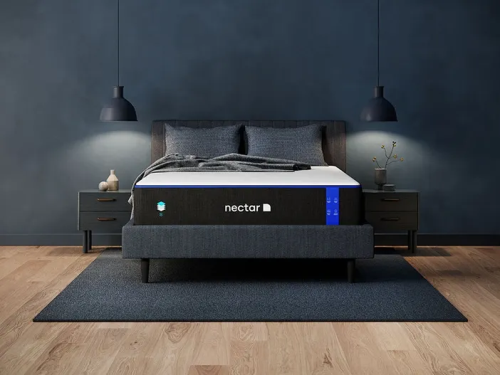Working from home has become a reality for many of us, and having an efficient workspace is crucial for productivity. Whether you have a dedicated home office or a corner of your living room, transforming your work-from-home space into a productive haven is within your reach. In this article, we’ll explore some practical tips and tricks to help you optimize your home office setup.
1. Choose the Right Location:
Select a location in your home that minimizes distractions and allows for a dedicated workspace. Ideally, this area should be well-lit, quiet, and away from high-traffic areas.
2. Invest in a Comfortable Chair and Desk:

Ergonomics matter. Invest in a comfortable chair and an ergonomic desk to minimize strain on your body during long work hours. Ensure that your computer screen is at eye level, and your feet are flat on the ground.
3. Personalize Your Space:

Make your workspace yours. Decorate it with items that inspire you, whether it’s art, plants, or personal mementos. A visually appealing and inviting workspace can boost your mood and motivation.
4. Declutter Regularly:

A cluttered workspace can lead to a cluttered mind. Keep your desk organized by decluttering regularly. File away documents, put away pens, and keep only the essentials within arm’s reach.
5. Create a Routine:

Establish a daily routine that mirrors your pre-pandemic workday. Wake up at a consistent time, get dressed, and maintain regular working hours. This will help you transition into a “work mode” mindset.
6. Set Boundaries:

Make sure your family or housemates understand your work hours and respect your need for concentration. Setting clear boundaries can reduce interruptions and improve your productivity.
7. Use Task Lighting:

Good lighting is essential for a productive workspace. Use task lighting to reduce eye strain and create a well-lit area for focused work. Natural light is a bonus if available.
8. Invest in Technology:

Invest in reliable technology and a fast internet connection. A slow, unreliable system can lead to frustration and wasted time.
9. Eliminate Distractions:
Identify common distractions in your home, such as your phone, TV, or social media, and establish strategies to minimize their impact during work hours. Consider using website blockers if necessary.
10. Organize Your Digital Workspace:
Just as a physical workspace should be organized, your digital workspace should be, too. Use folders, labels, and task management tools to keep your digital files in order.
11. Take Regular Breaks:
Breaks are crucial for maintaining productivity. Set a timer to remind yourself to take short breaks and stretch regularly. This can help refresh your mind and prevent burnout.
12. Stay Connected:
Working from home doesn’t mean you have to be isolated. Stay connected with colleagues through video conferences, chat apps, and virtual meetings. Social interaction is essential for overall well-being.
13. Experiment and Adapt:
Every individual’s needs and preferences are unique. Experiment with different setups and routines, and be ready to adapt. What works for you may evolve over time.
To sum up, creating a productive work-from-home space is a dynamic process that involves a combination of physical setup, routine, and mindset. By following these tips and tricks, you can optimize your workspace to increase your efficiency and make remote work not just manageable but enjoyable. With a well-organized and personalized workspace, you’ll be better equipped to meet the challenges of the modern work-from-home world.



